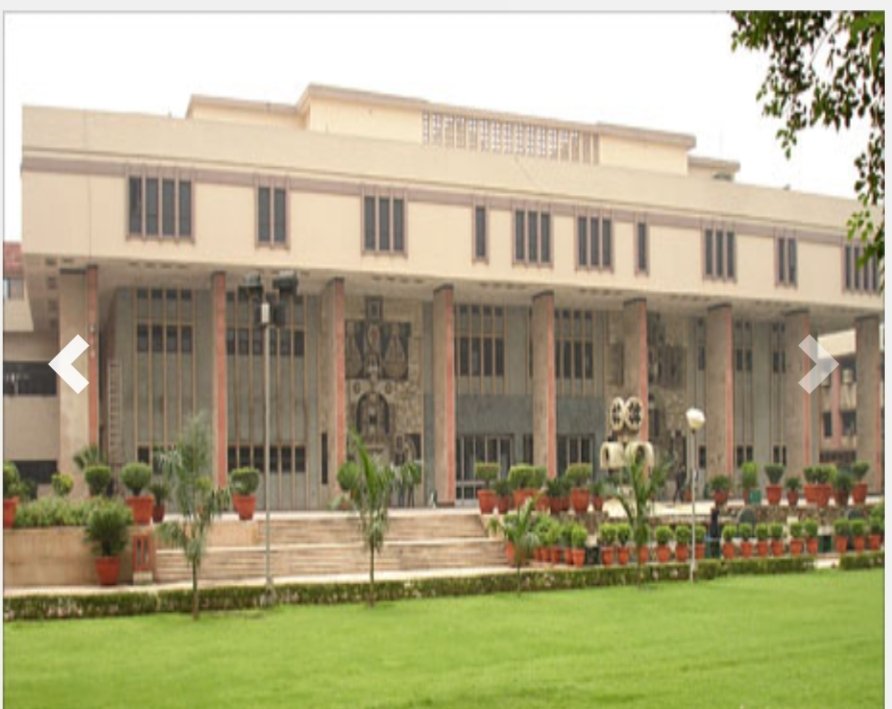The growth of India’s e-rickshaw market, alongside generally accelerated EV development, has provoked trademark disputes, making the market a fertile ground for businesses vigilant in protecting their brands. In a recent case, a lawsuit was brought against Saksham Trading Company by YC Electric Vehicles-a significant manufacturer in the domain-on the charges of the imitation of trademarks: they were indeed similar to YC’s registered marks “YATRI” and “YC.” This decision by the Delhi High Court has to be viewed as an endorsement of the importance of trademarks in the EV industry and the intervening and safeguarding role of Indian courts in upholding intellectual property rights.
Background
Founded in 2014, YC Electric Vehicles has laid claim to being one of the first companies to penetrate the electric rickshaw industry in India. As a supplier certified with ICAT (International Centre for Automotive Technology), YC Electric Vehicles has enjoyed establishing benchmarks of reliability and compliance which have solidified its brand image.
In a fiercely competitive market, YC Electric Vehicles registered the marks “YATRI” and “YC” with a view toward market position, so that no rival could affix them onto any of their products for such purposes as may disturb the company’s valuable goodwill in the market. Toward the end of 2023, having, through its sources, established that a competitor named Saksham Trading Company was advertising its products under the names so tremendously similar to “YATRI” and “YC” with the marks “YATRA” and “YS,”. YC Electric Vehicles contended that such marks were so strikingly similar that consumers could be bewildered into associating the product of Saksham Trading under its trademark as that of YC’s. Owing to the lack of response by Saksham Trading Company to the several cease-and-desist notices issued by YC Electric Vehicles, it had to approach the Delhi High Court in early 2024
Legal Findings & Arguments
YC Electric Vehicles, represented by an experienced legal team including attorneys Mr. Neeraj Grover and Mr. Yatin Chadha, argued that Saksham Trading Company’s use of “YATRA” and “YS” was a clear infringement on YC’s registered trademarks. According to the plaintiff, the similarities in the marks were not coincidental but a deliberate attempt by Saksham Trading Company to exploit YC Electric Vehicles’ established goodwill in the market.
The legal filings from YC Electric Vehicles provided a comprehensive account of the defendant’s actions. It was revealed that Saksham Trading Company had applied to register the disputed trademarks in December 2023 and February 2024 under a “proposed to be used” status. Despite these applications being pending, Saksham had already begun marketing products under the contested trademarks, leading to confusion among consumers, including dealers associated with YC Electric Vehicles.
YC Electric Vehicles argued that the resemblance between “YATRI”/“YC” and “YATRA”/“YS” would inevitably mislead customers into thinking Saksham’s products were associated with or endorsed by YC. This, according to the plaintiff, was not only deceptive but also harmful to YC’s reputation and business. YC further highlighted Saksham’s refusal to respond to the cease-and-desist letters, interpreting it as evidence of bad faith. Faced with these circumstances, YC Electric Vehicles sought immediate court intervention to protect its brand.
Court’s Decision
After evaluating the submissions and supporting evidence from YC Electric Vehicles, Justice Anish Dayal of the Delhi High Court ruled in favour of the plaintiff. On May 27, 2024, the court granted an ex-parte ad interim injunction, recognizing that YC Electric Vehicles had established a prima facie case of trademark infringement. In addition to the prohibition of Saksham Trading Company from using the contested marks, the court ordered Saksham Trading Company to take down all online content associated with the infringing marks, including websites, social media profiles, and promotional material using “YATRA” and “YS.” Furthermore, Saksham Trading Company was instructed to submit a written statement in response to the allegations within 30 days. The case was scheduled for further hearings on October 3, 2024, with a deadline for filing additional affidavits and documents set by the court to facilitate the legal process.
Justice Anish Dayal also directed the parties to file additional affidavits and exhibit more evidence during a hearing on October 3. Notice was given to Saksham Trading Company so that it had the opportunity to respond to the allegations formally and to make any counterarguments or produce affirmative evidence with respect to its use of the trademarks in dispute. Due to the similarity between the marks creating a likelihood of confusion among consumers, the court reaffirmed its initial findings. The injunction restraining Saksham Trading Company from the use of “YATRA” and “YS” in relation with the e-rickshaw sale and promotion was continued.
Next hearing for the case has been scheduled for January 22, 2025, when oral argument would follow upon the new submissions by both parties as the court considered the possibility of making the injunction permanent or ordering some other form of relief.
Conclusion
This case highlights the importance of proactively protecting trademarks and the necessity for businesses to be alert in defending their intellectual property rights. As the EV industry expands in India, companies are likely to face increasing competition, making rigorous trademark enforcement essential.
The outcome of this case may have broader implications for the EV market, setting a precedent for similar disputes in the future. As legal proceedings continue, the final judgment of this case will impact not only the parties involved but also shape the trademark protection landscape in India’s electric vehicle sector.
Author: Gayatri Khatavkar & Yukta Bhatia

